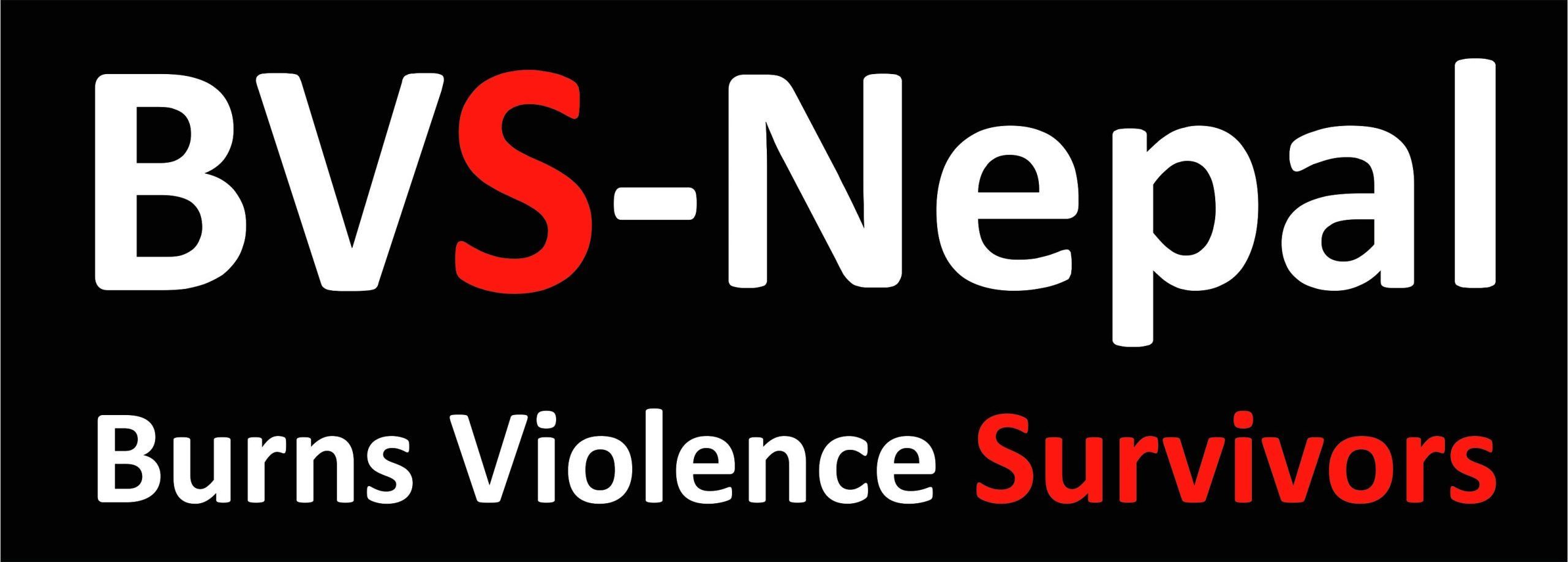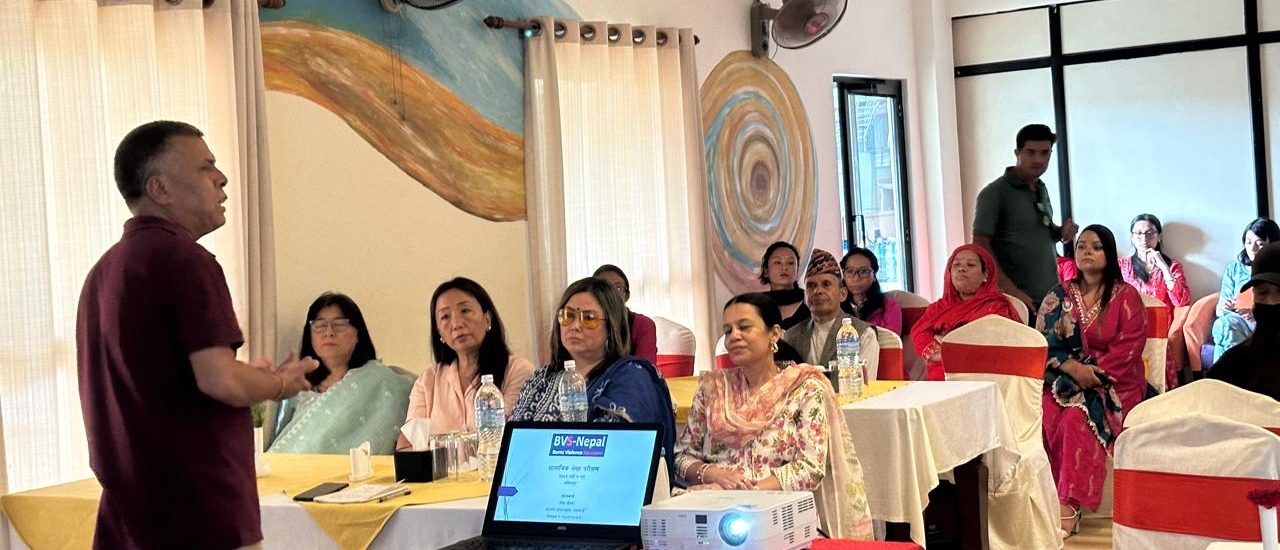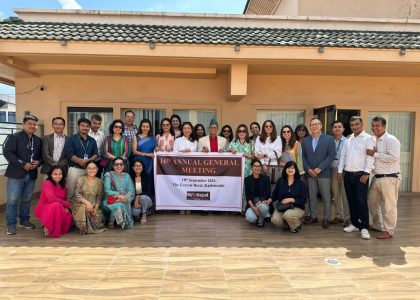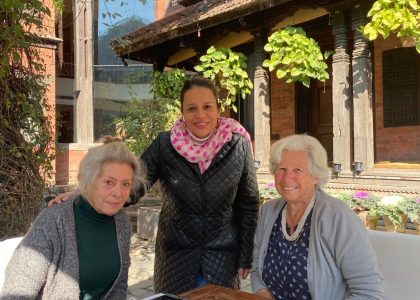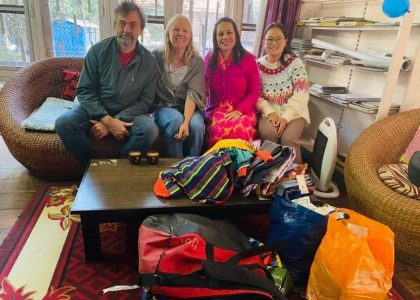On 23rd August 2024, BVS Nepal organized a social audit event at Dhobighat, Lalitpur, Nepal. Aimed at promoting institutional and organizational good governance, BVS Nepal conducted its first-ever social audit since its establishment. The event included participation from relevant government and non-government stakeholders, program beneficiaries, and media representatives.
The program was facilitated by Mr. Chandra Sartunge, the Program Officer of BVS Nepal. He introduced the participants to the main objectives of the Social Audit of BVS Nepal in the current context. Key elements such as good governance, transparency, accountability, social responsiveness, building ownership among participants, and enhancing organizational reputation were the primary focuses of the event.
Ms. Pratiksha Giri, the Executive Director, provided the welcome remarks. She emphasized the importance of social auditing for advancing BVS Nepal’s organizational development. She added that such participatory events can enhance the organization’s brand value and help address recommendations made by government officials during regular monitoring.
The consultant, Mr. Toya Gautam, presented the overall process of the social audit. According to the social audit report, a total of 693 program beneficiaries (294 males and 399 females) received medical and surgical support from BVS Nepal since 2019. Additionally, BVS Nepal provided 650 physiotherapy sessions, 1,036 psychosocial counseling sessions, 2,760 individual counseling sessions, and 816 nutrition support sessions through various programs and projects.
Policy advocacy is also a key intervention area for BVS Nepal. To date, the organization has conducted several policy dialogues and advocacy events, including four national policy dialogues, one provincial event, and twelve local-level events across the country. Other key achievements were shared at the event.
During the Question and Answer (Q&A) session, the consultant and Executive Director responded to all queries raised by the participants, and suggestions were noted for future programs and policies of the organization. The burn-affected participants, government officials, elected representatives, and media representatives raised relevant and constructive questions that will serve as valuable references for the organization in the future.
To conclude the event, Ms. Kohinoor Dahal, President of BVS Nepal, thanked all participants, government stakeholders, media representatives, burn-affected survivors, organizational staff, consultants, and executive board members for contributing to a successful social event. She expressed her hope that the social audit event would enhance the organization’s values in the development sector. She emphasized that the key principles of good governance—such as transparency, inclusive decision-making, accountability, and meaningful participation of program beneficiaries, community members, and government officials—have been fundamental to BVS Nepal since its inception. She added that BVS Nepal consistently aligns its projects and programs with government-led policies.

